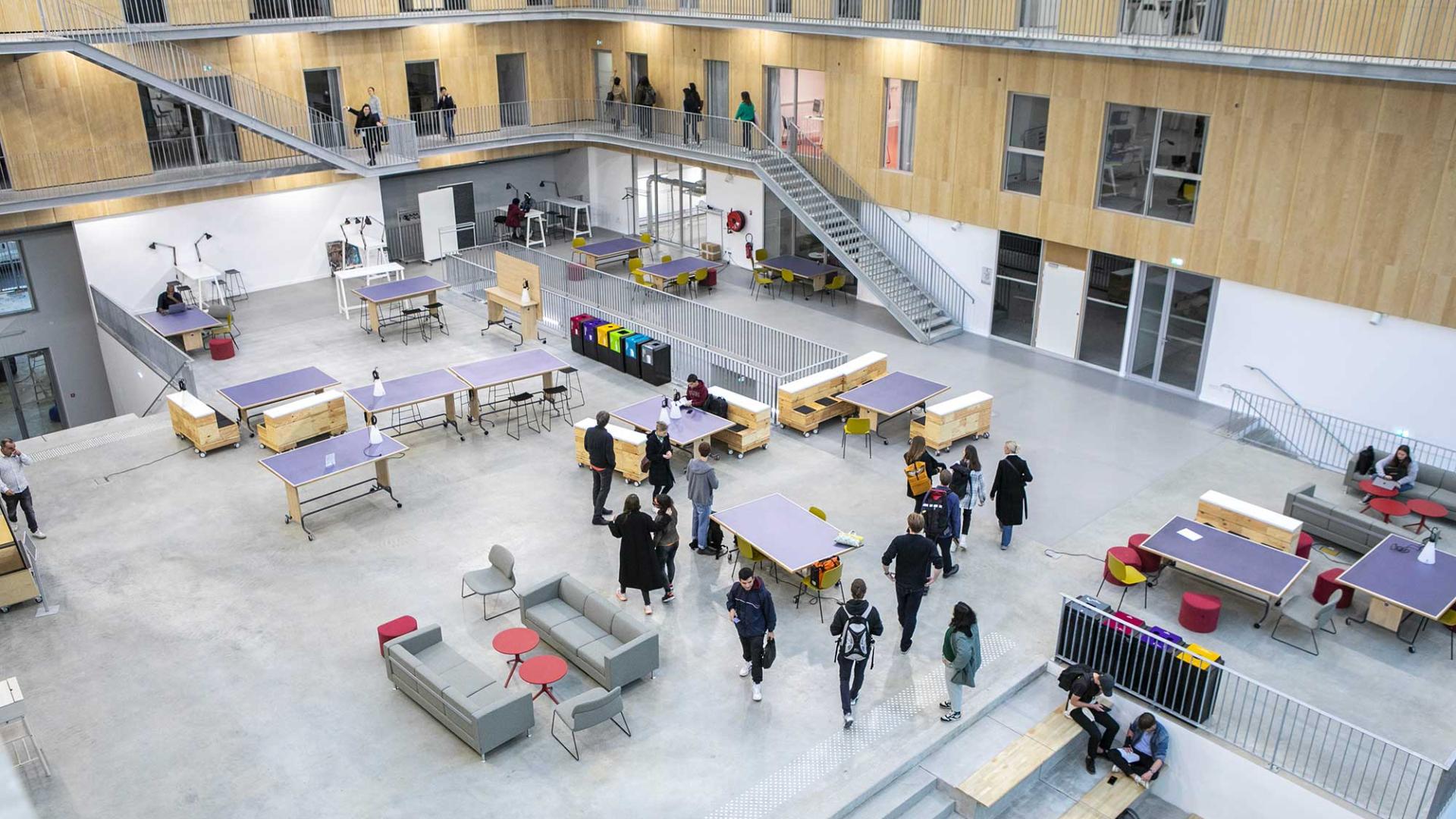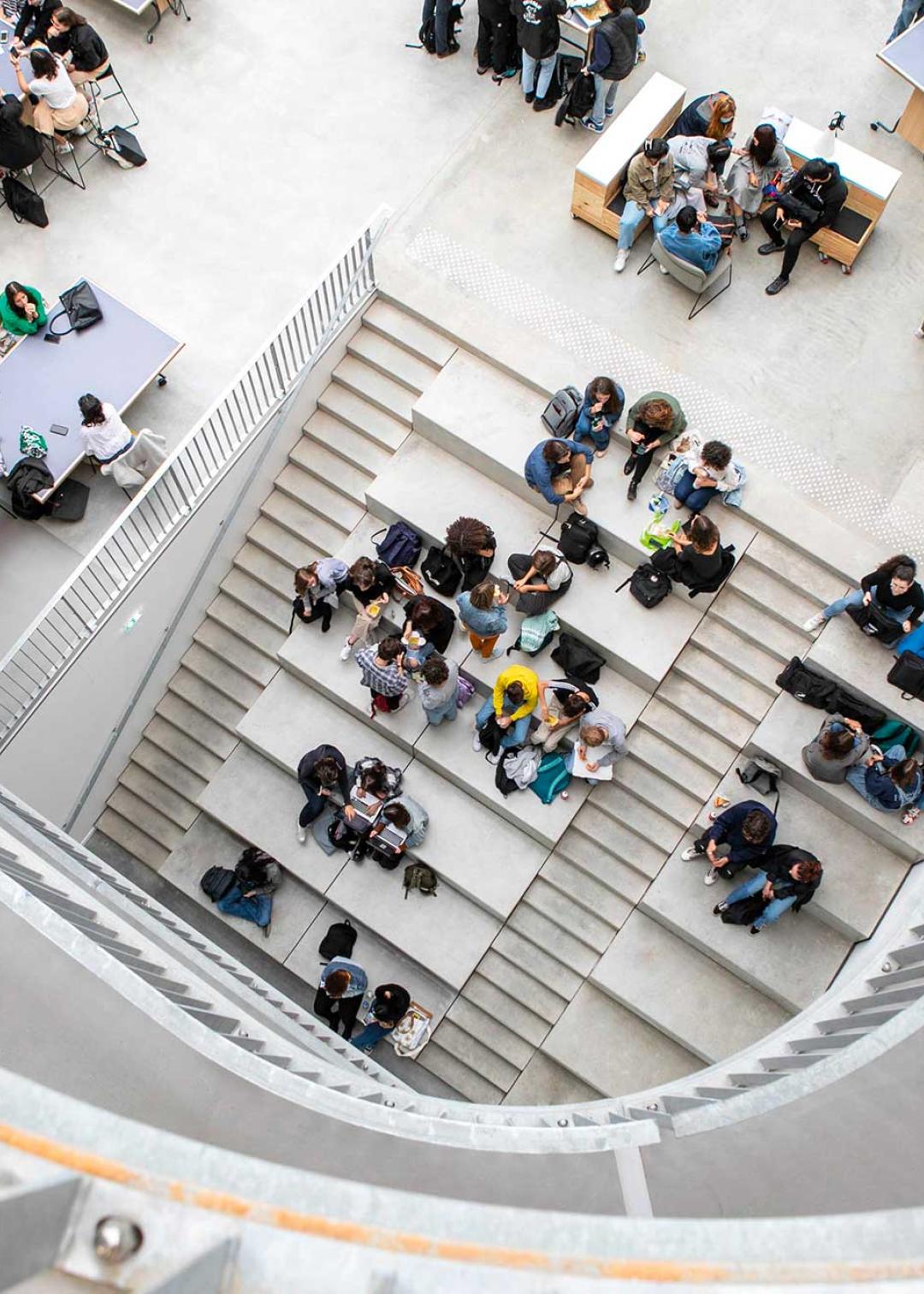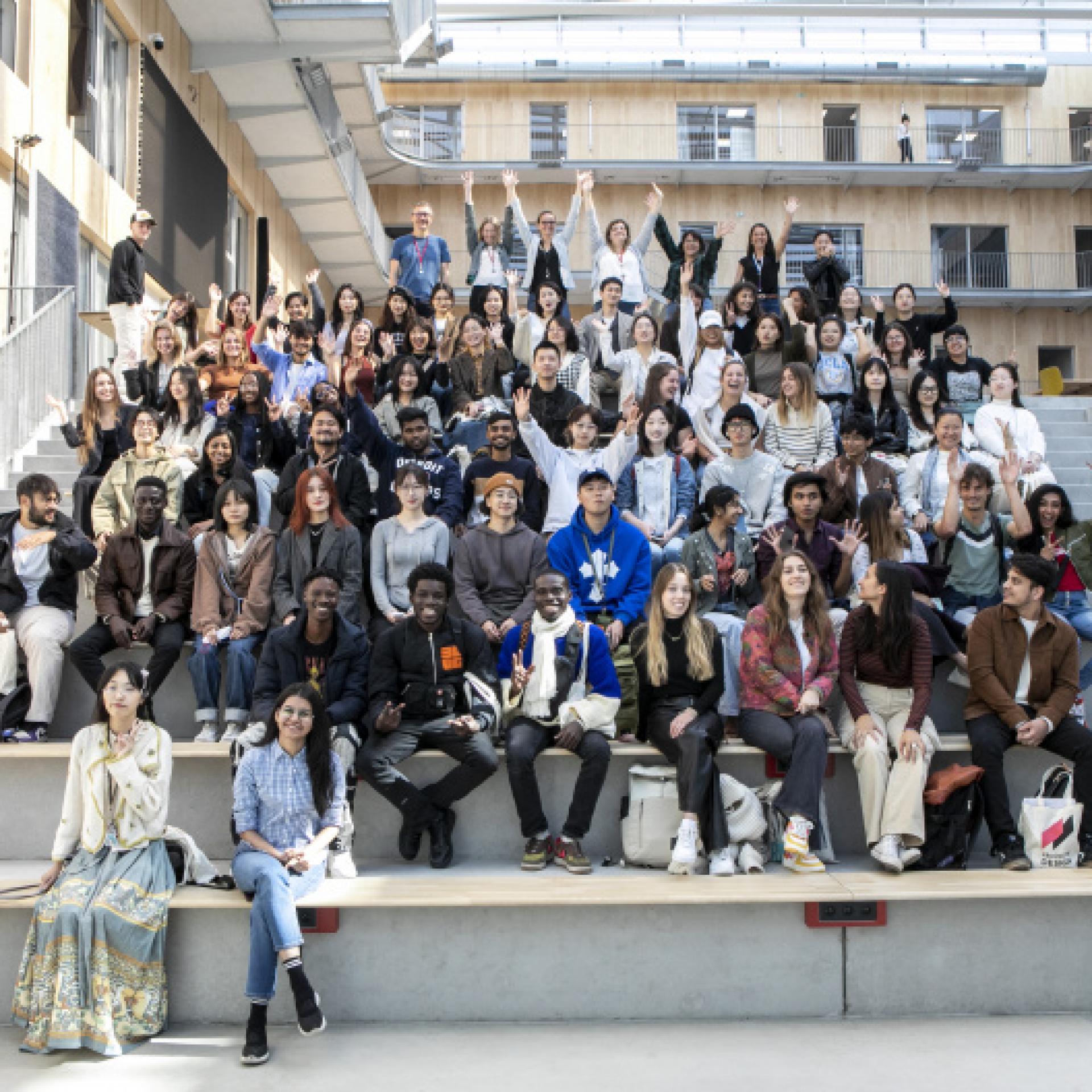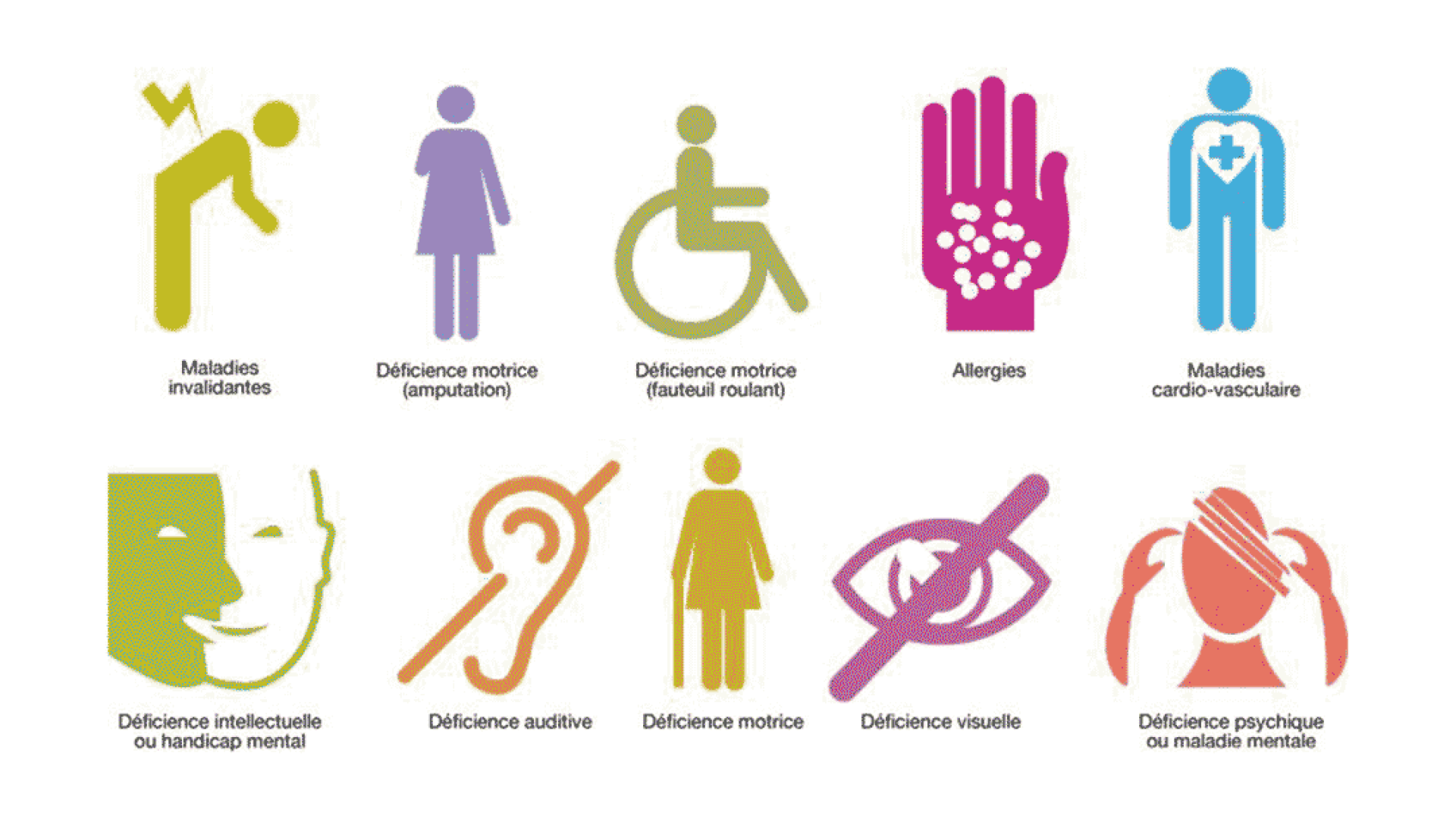
The school’s social policy
Discover the social policy of L'École de design Nantes Atlantique: social aid for students and apprentices, grants and scholarships for mobility, the school's disability policy...
Social welfare benefits available
Students and apprentices benefit today from a number of regional and national aids. The Pays-de-Loire Region helps improve the living conditions and integration of young people in the labor market and reduces inequalities :
For apprentices
- E-PASS culture sport made up of dematerialized coupons (books, cinema, concerts, heritage festivals, artistic or sports activities, sporting events, civic engagement and youth work camps).
- Le Fonds Social Apprentis (The Social Fund for Apprentices)
- Apprentices can also apply for the Mobili-jeune grant, a free national aid to reduce the rent for young people in vocational training.
Since January 1, 2019, the state has been helping adult apprentices finance their driver's license by paying them €500, regardless of the cost incurred by the apprentice.
For students
- The Loire-Atlantique department can help finance a driving license. This grant is intended for young people between the ages of 14 and 24 who have been living in the Loire-Atlantique region for more than a year. The grant is paid subject to certain income conditions - 750€ for the driving license (type B)
- Le Job étudiant: this 200 € student job bonus is available to all young people under the age of 26 who are enrolled in school in the Pays de la Loire region and who have a minimum of 300 hours of paid work in the Pays de la Loire region (excluding internships, work-study contracts, apprenticeship contracts, pre-professionalization contracts, etc.) during the school year (from September 1 to August 31).
| Students enrolled | CROUS scholarships | Apprenticeship contracts | Total scholarships + apprenticeships | |
|---|---|---|---|---|
| Number | 1774 | 296 | 346 | 642 |
| As a percentage | 100% | 17% | 19,5% | 36,5% |
| Type of activity | Number of participants | Subsidy |
|---|---|---|
| SMS - Student Mobility for Studies | 45 | Є89 500 |
| SMT - Student Mobility for Traineeships | 45 | Є80 250 |
| Total student mobility | 90 | Є169 750 |
| STA - Staff Mobility for Teaching Assignments | 6 | Є6 600 |
| STT - Staff Mobility for Training | 6 | Є6 600 |
| Total staff mobility | 12 | Є13 200 |
| Total mobility | 102 | Є182 950 |
ENVOLEO mobility quota: assistance from the Pays de la Loire Region
For the 2025/2026 academic year, the total quota for international mobility is 60 packages.
| International mobility students | Envoléo grants (aid from the Pays de la Loire Region) | ERASMUS+ Scholarships | |
|---|---|---|---|
| Total number | 171 | 33 | 97 |
| Of which scholarship holders | 16 | 7 | 5 |
| As a percentage | 9,5 % | 21,2 % | 5,2 % |
The school’s social policy
If you have a disability, L’École de design Nantes Atlantique:
- Makes sure your needs are met upon arrival and whilst in the establishment, whether you are a student, apprentice, in continuing education or VAE (a system validating professional experience)
- Provides you with useful information and contacts.
The legal framework:
The law of 11 February 2005 on equal rights and equal opportunities and the inclusion and citizenship of persons with disabilities:
- principle of accessibility
- right to compensation
- access to common law
- obligation of employment reaffirmed and strengthened
The disability coordinator
Our establishment has a designated disability coordinator.
The disability coordinator is responsible for supporting all disabled persons in their efforts and ensures that they can access training in the best possible conditions, by taking into account their individual disability.
They are the dedicated contact person for:
- People with disabilities
- The school’s teaching staff, the CFA (Vocational Training Center) and companies (apprenticeship tutors, human resource departments, etc.)
- The continuing education team and VAE team (system validating professional experience)
- Professionals from support services such as MDPH (local regional authority for the disabled), AGEFIPH, etc.
Disability coordinator:
Karine LORIANT
k.loriant@lecolededesign.com
02 51 13 89 59
Support
Special facilities and arrangements adapted to your specific needs in the context of your training program can be provided depending on your situation:
- technical support,
- personal assistance and/or adapted programs.
It is important to contact the disability coordinator as soon as possible in order to plan the implementation of any facilities needed.
Special cases of people with disabilities: employee – CFA (Vocational Training Center) and people benefitting from RQTH (Recognition of Disabled Worker Status)
AGEFIPH (a French agency for employment of workers with Disabilities, private sector) and FIPHFP (Fund for the Integration of disabled people into the Civil Service) continue their support in terms of:
- disability compensation (equipment, personal assistance, etc.)
- apprentice employer bonus.


